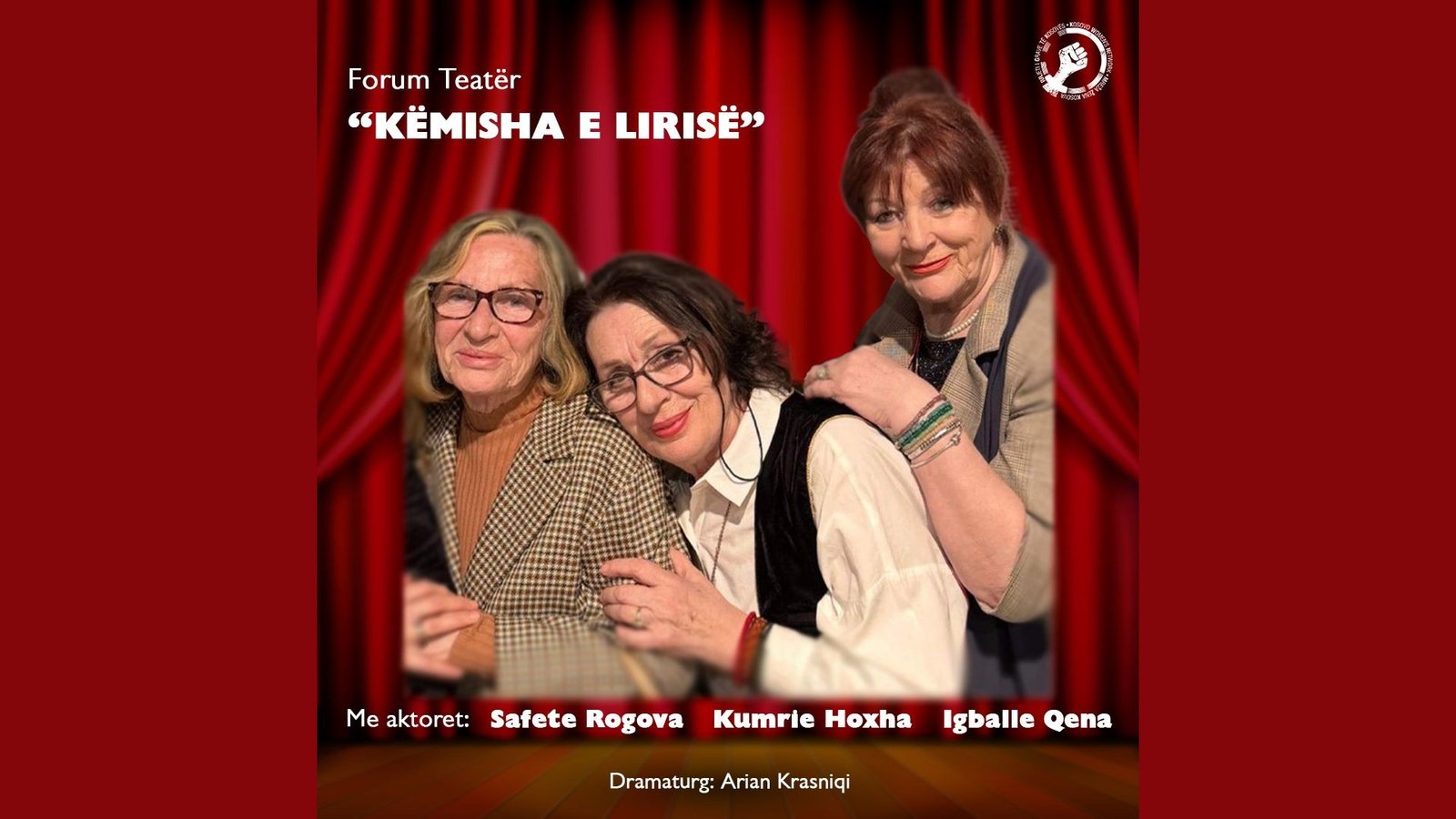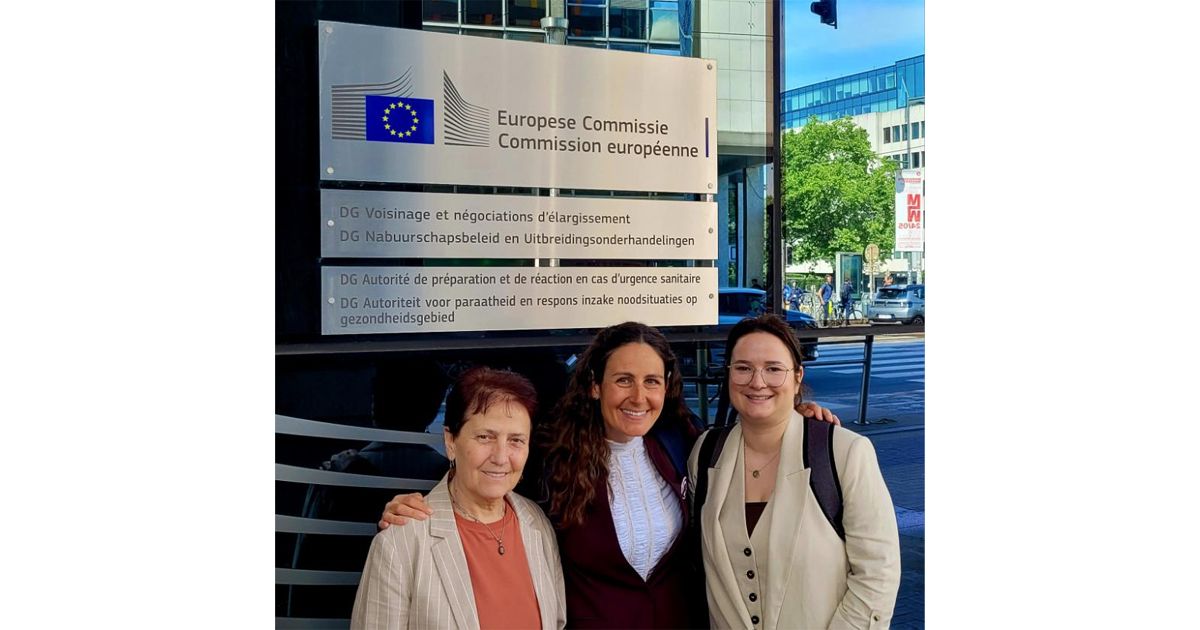On Apr. 25th, Austrian Development Agency (ADA) organized a training on gender for around 20 representatives of projects and programmes it supports, including Kosovo Women’s Network (KWN) representative.
The need for the training aroused based on the fact that ADA seeks to “ensure the equal participation of women and men and girls and boys in all projects and programmes, altering discriminatory societal and social norms and practices: Women and men shall have equal access to education and resources, such as land, income and capital”. Gender mainstreaming as a whole plays a very important role in ADA projects and programmes.
At the same time, the training is in line with the adoption of the European Council Conclusions on the EU Plan of Action for Gender Equality (2016-2020). The plan aims to promote gender equality, which is mandatory for international cooperation in the European Union (EU): They apply to the EU member states, the EU Directorates-General for International Cooperation and Development and for Neighbourhood and Enlargement Negotiations, the Humanitarian Aid Office of the European Community and the European External Action Service.
The agenda of the training included information on main gender concepts; ADA Gender Quality Assurance and Minimum Requirements; Gender Continuum; a summary of Kosovo’s legal framework on Gender Equality; sector specific requirements of EU Plan of Action for Gender Equality (2016-2020); as well as group work on Monitoring & Evaluation framework of ongoing ADA projects. Participants assessed the training as a very good and needed one, since it informs their day-to-day work.
“We already report on indicators related to gender, but now we have a clearer idea of different gender concepts, as well as we know better the route of our reporting to reaching EU reports,” said one of the participants.
Having on mind that the international cooperation makes a valuable contribution to ending gender discrimination and enforcing the rights of women and girls, the training sets a good example to other member states of the EU on gender mainstreaming, and reporting on gender indicators.





